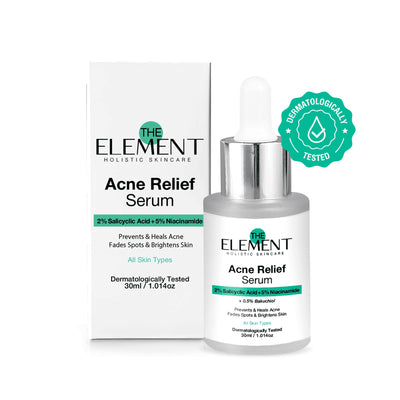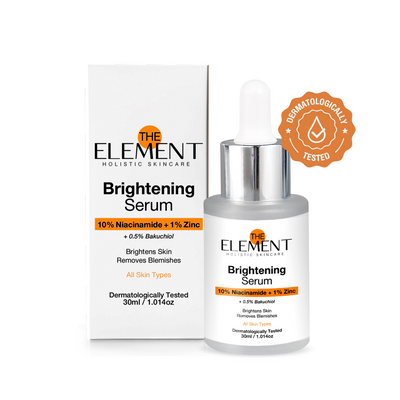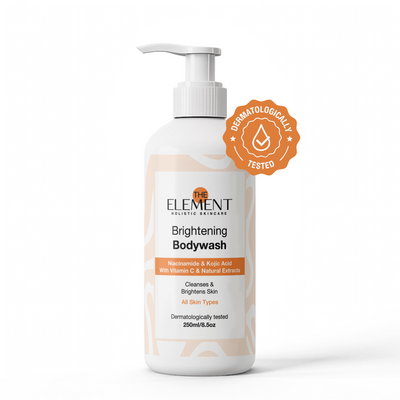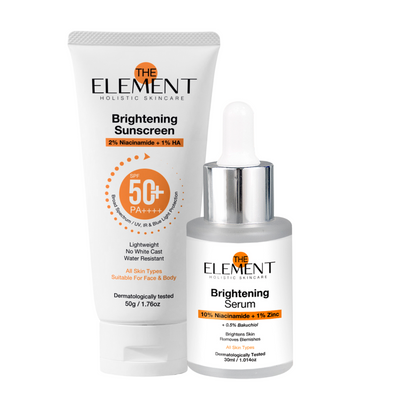The Ultimate Guide to Dark Spots: Causes, Treatments, and Remedies

Introduction: What Are Dark Spots?
Dark spots, also known as hyperpigmentation, are a common skin concern that affects people of all ages and skin types. These spots occur when certain areas of the skin produce excess melanin, leading to discoloration. Whether caused by sun exposure, aging, or hormonal changes, dark spots can impact your confidence. In this guide, we’ll explore the causes, treatments, and remedies for dark spots, including expert-recommended products and ingredients.
Causes of Dark Spots
Dark spots can appear for various reasons, including:
- Sun Exposure: UV rays trigger melanin production, leading to sunspots.
- Hormonal Changes: Pregnancy or hormonal imbalances can cause melasma.
- Aging: Age spots, also known as liver spots, are common in older adults.
- Acne Scars: Post-inflammatory hyperpigmentation from acne can leave dark marks.
- Vitamin Deficiency: Lack of essential nutrients like Vitamin C can contribute to uneven skin tone.
Treatments for Dark Spots
Dark Spots on Face
Dark spots on the face are particularly common due to sun exposure and acne. Treatments include:
- Topical Creams: Look for creams with ingredients like hydroquinone, niacinamide, ferulic acid or retinol.
- Chemical Peels: These exfoliate the skin to reduce pigmentation.
- Laser Therapy: Effective for stubborn dark spots but requires professional treatment.
Dark Spots on Skin
Dark spots on the body can be treated with similar methods, but body-specific products are often more effective.
Best Products for Dark Spot Removal
Dark Spots Removal Cream
When choosing a cream for dark spots, look for these ingredients:
- Hydroquinone: A powerful skin-lightening agent.
- Kojic Acid: Derived from fungi, it helps reduce pigmentation.
- Vitamin C: Brightens the skin and reduces dark spots.
- Retinol: Stimulates collagen production and fades spots.
- Licorice Extract: A natural brightening agent.
- Azelaic Acid: Reduces melanin production.
- Tranexamic Acid: Reduces discoloration.
- Peptides: Promote skin repair.
- SPF: Prevents further pigmentation
Dark Spots Removal Serum
Serums are lightweight and penetrate deeply into the skin. Recommended ingredients include:
- Niacinamide: Reduces inflammation and lightens dark spots.
- Alpha Arbutin: A natural skin brightener.
- Hyaluronic Acid: Keeps the skin hydrated while treating pigmentation.
- Vitamin E: Repairs skin damage.
- Ferulic Acid: Enhances the effectiveness of Vitamin C.
- Bakuchiol: A natural alternative to retinol.
Dark Spots Removal Face Wash
A good face wash can prevent dark spots from worsening. Look for:
- Salicylic Acid: Exfoliates and unclogs pores.
- Glycolic Acid: Promotes cell turnover.
- Tea Tree Oil: Reduces acne-related dark spots.
Home Remedies for Dark Spots
Dark Spots on Face Home Remedies/
Dark Spots on Skin Treatment at Home
- Lemon Juice: Natural bleaching properties.
- Aloe Vera: Soothes and lightens the skin.
- Turmeric: Reduces pigmentation and inflammation.
- Apple Cider Vinegar: Balances skin pH and lightens spots.
- Potato Juice: Contains enzymes that brighten the skin.
- Green Tea Extract: Reduces melanin production.
Tips for Preventing Dark Spots
- Use Sunscreen Daily: Protect your skin from harmful UV rays.
- Avoid Picking at Acne: Prevent post-inflammatory hyperpigmentation.
- Maintain a Healthy Diet: Include foods rich in Vitamin C and E.
FAQs About Dark Spots
What causes dark spots?
Dark spots are caused by excess melanin production due to sun exposure, aging, hormonal changes, or acne scars.
How can I remove dark spots naturally?
Home remedies like lemon juice, aloe vera, and turmeric can help lighten dark spots over time.
What is the best cream for dark spots?
Look for creams with hydroquinone, kojic acid, or Vitamin C for effective results.
Can dark spots be permanently removed?
While some treatments can significantly reduce dark spots, maintaining results requires ongoing care and sun protection.
Are dark spots a sign of a health issue?
In some cases, dark spots may indicate vitamin deficiencies or hormonal imbalances. Consult a dermatologist for persistent concerns.
Conclusion
Dark spots can be frustrating, but with the right treatments and products, they can be effectively managed. Whether you choose professional treatments, over-the-counter products, or natural remedies, consistency is key. Protect your skin with sunscreen, maintain a healthy lifestyle, and consult a dermatologist for personalized advice. If you found this guide helpful, share it with others and explore our related content for more skincare tips!








